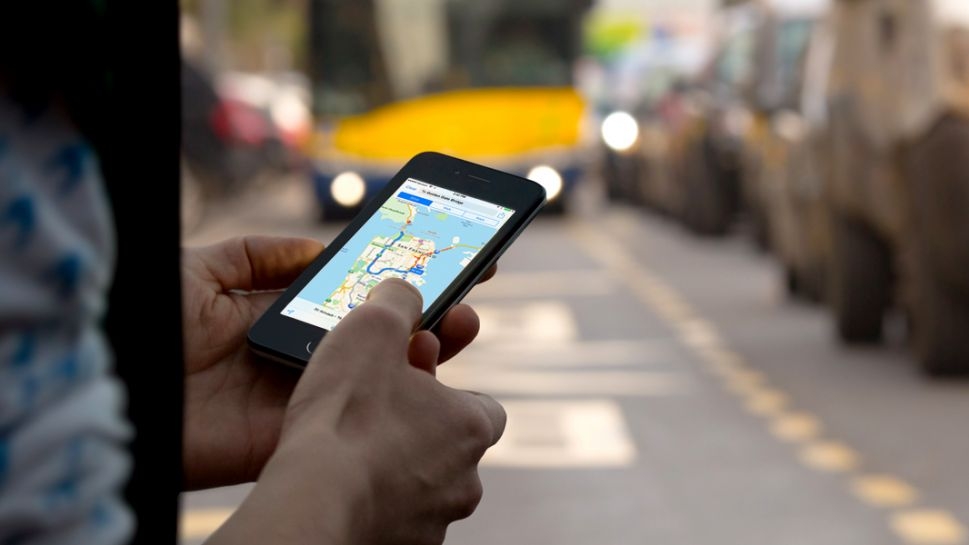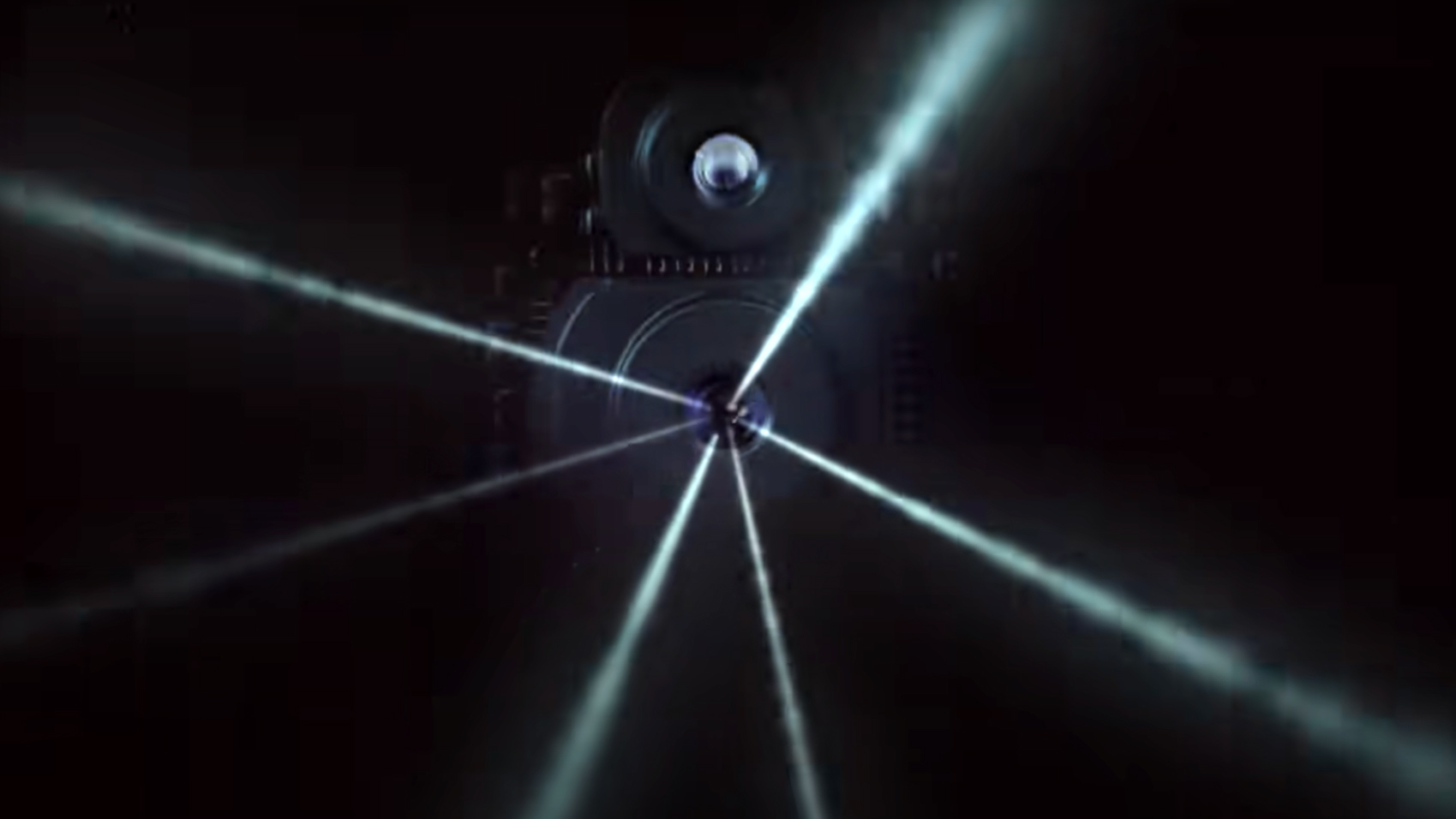Apple Maps is getting a huge makeover in the UK over the next eight months thanks to cars, backpacks, and a dash of tech magic
Apple is making use of pedestrians and vehicles to overhaul Maps in the UK

Sign up for breaking news, reviews, opinion, top tech deals, and more.
You are now subscribed
Your newsletter sign-up was successful
Apple is upgrading Apple Maps in the UK over the next eight months, powered by data collection and focusing on Birmingham, Manchester, and London. The plan is to improve features like the level of detail available, navigation, and available information for places.
The tech firm revealed its plans when speaking to iMore, explaining that the data collecting is part of a project to improve Maps for UK users, and will be carried out by officially-sanctioned Apple cars and walkers wearing Apple backpacks.
This will begin on February 21, and from that date UK residents could see Apple vehicles traversing up and down the country, gathering information through ground surveys, if all goes to plan. This information will be used to rebuild and further develop Apple Maps through equipment mounted on the exterior of the vehicles along with Apple iOS devices inside.
When and where Apple is planning to carry out its plans
Apple-branded cars will be collecting information from February 21 to October 17, and backpack-laden walkers will be doing so on the streets of Birmingham, London, and Manchester from May 20 through to September 11. The tech giant will be using LiDAR capture equipment (LiDAR stands for Light Detection and Ranging, used in a wide array of land management and planning efforts) along with images to record the data necessary for this project.
According to Apple one feature that’s getting particular attention is Look Around, which offers users lots of options and additional information to help them explore and navigate a location. This feature is akin to Google Maps’ Street View feature, available on iOS devices like iPhones and on iPadOS for iPads. It’s not currently available on desktop devices running macOS, although I imagine it will be at some point in the future, and the macOS version of Apple Maps will still benefit from this development in the form of upgrades like better navigation and more detailed maps.
The pedestrian data collectors will be dispatched in pedestrianised locations like parks, streets, and public transport stations that are off limits or difficult to reach for the cars. Apple does emphasise that the same privacy protections will be incorporated in the equipment of those on foot like those of the vehicles. The backpacks will include a more portable and compact data gathering system of that found in the vehicles to also collect LiDAR and image data.
If you see one of these walkers with what will be a probably easily identifiable backpack, you know why, and the data they collect may be used directly in Apple Maps, including in the Look Around feature. The pedestrian data collectors’ backpacks will also utilise Apple devices to gather data for the sake of improving Apple Maps.
Sign up for breaking news, reviews, opinion, top tech deals, and more.

Apple is playing catch up, but has to do its due diligence
Apple has been upgrading the Maps app over the course of the last few years, with improved mapping rolling out in the US, the UK, France, and more. The company reiterates that protecting privacy is of utmost importance, and any faces and registration plates captured and fed into the Look Around feature will be blurred.
Apple Maps was behind the curve for a long time, sometimes even being the butt of jokes about its accuracy and functionality when compared to its older and more established competitor Google Maps.
Apple has made a significant push to turn this around with a big overhaul of the Apple Maps app, starting in 2020. Ongoing improvements will hopefully encourage users to give it a shot, and more competition is usually good for users - both for them to have a choice in what app they use in navigation and to push companies to make sure their products are the best they can be.
YOU MIGHT ALSO LIKE...
Kristina is a UK-based Computing Writer, and is interested in all things computing, software, tech, mathematics and science. Previously, she has written articles about popular culture, economics, and miscellaneous other topics.
She has a personal interest in the history of mathematics, science, and technology; in particular, she closely follows AI and philosophically-motivated discussions.